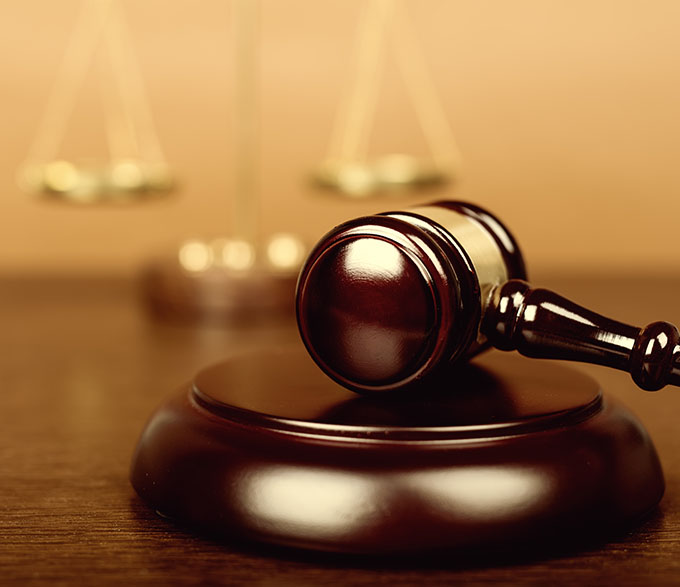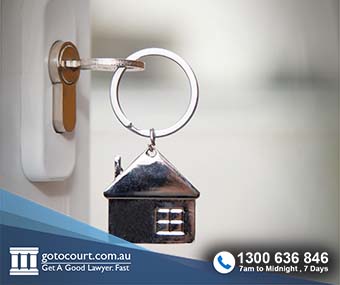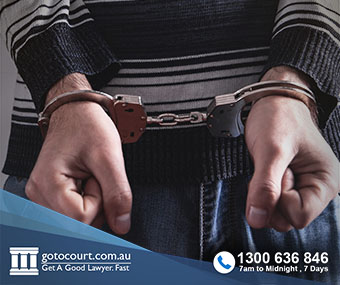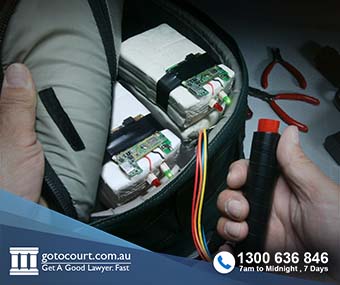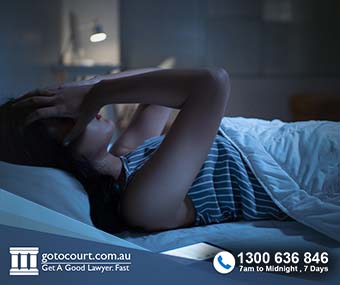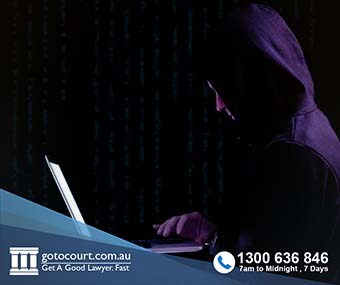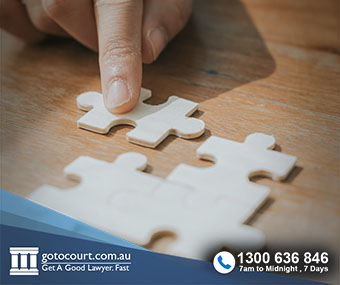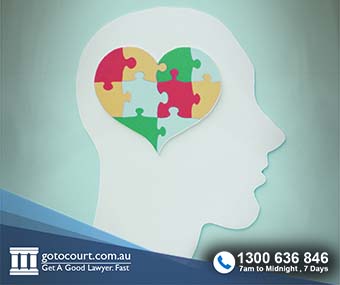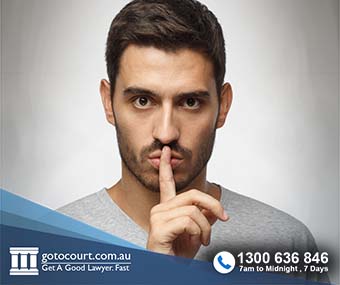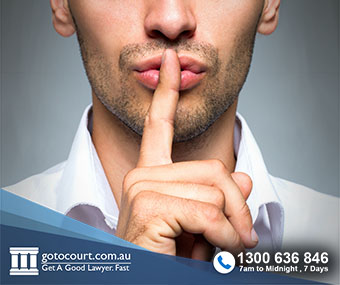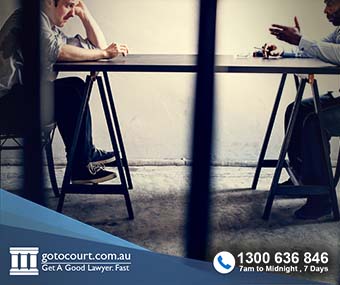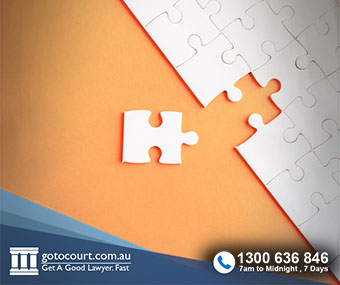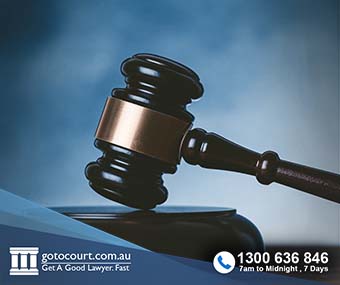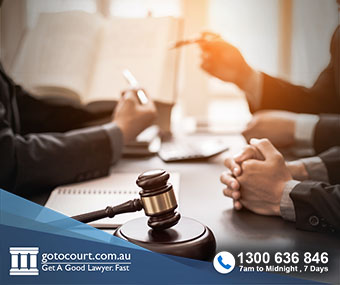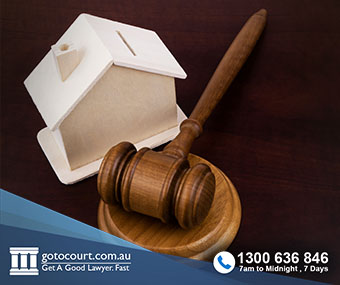Call our lawyers
now
or,
have our lawyers
call you
Competence and Compellability of Witnesses
Updated on Nov 08, 2022 • 4 min read • 1015 views • Copy Link
Competence and Compellability of Witnesses
Under the Evidence Act 1995, everyone is presumed to be competent to give evidence and any competent witness can be compelled to give evidence. However, the presumption of competence can be rebutted if a party can demonstrate that the person lacks capacity. The act also sets up exceptions to this rule.
When is a person not competent?
A person is not competent to give evidence about a fact if they do not have the capacity to understand or answer questions about the fact and this incapacity cannot be overcome. This may be because of mental or physical disability because the person is a very young child or for any other reason.
Competence is not to be confused with credibility. A witness does not lack competence simply because they have poor powers of observation or an imperfect memory. Competence refers to a person’s ability to function as a witness.
A person may be competent to give evidence about some matters but not others.
The issue of whether a person is competent to give evidence is for the judge to decide in the absence of the jury, on the balance of probabilities.
Unsworn evidence
At common law, a person is only competent to give evidence if they can give sworn evidence. This means they must be capable of understanding the nature of the oath or affirmation. However, under Section 13 of the Evidence Act, a person who is not competent to give sworn evidence because they do not understand the obligation to tell the truth can give unsworn evidence.
In order to give unsworn evidence, a witness must:
- Be told of the importance of telling the truth;
- Be told that they may be asked questions they do not know the answer to and to tell the court if this occurs;
- Be told that they should not feel pressured to agree with statements that are not true.
When is a person not compellable?
There are a number of situations provided for under the Evidence Act where a person is not compellable as a witness.
Reduced capacity
Under Section 14, a person is not compellable as a witness if the court considers that there would be a substantial cost or delay involved in ensuring that the person understands and can answer questions and there has been adequate evidence given on the matter by other persons.
Defendants
A defendant is not compellable to give evidence against a co-defendant.
Family members
A person who is the spouse, de facto partner, parent or child of the defendant may object to being required to give evidence for the prosecution. The person who makes such an objection must not be required to give the evidence if the court finds that:
- there is a likelihood it would harm the person or their relationship with the defendant; and
- that harm outweighs the desirability of having the evidence given.
In determining this, the court must consider the offence for which the defendant is being tried, the nature of the evidence the person is expected to give and whether any other evidence on the matters is available. It must also consider the relationship between the person and the defendant and whether giving evidence would require them to disclose matters told to them in confidence.
State officials
Under Section 15, the following persons are not compellable to give evidence:
- The sovereign;
- The governor-general;
- The Governor of a state;
- The Administrator of a Territory;
- The head of state of another country.
Members of parliament are also not compellable to give evidence if doing so would prevent them from attending a sitting of parliament or a meeting of a committee of parliament.
Compelling a person to give evidence
When a party requires a person to give evidence, they issue a subpoena for the person to attend court on a particular date. A person who has been issued with a subpoena must attend court on the specified date and if they fail to attend, the court may issue a warrant for their arrest. If a person who receives a subpoena to give evidence believes they are not a compellable witness, they must attend court and indicate this to the court.
A person who is a compellable witness must answer all the lawful questions put to them. Refusing to answer a lawful question may result in a charge of contempt of court.
If you require legal advice or representation in a criminal law matter or in any other legal matter please contact Go To Court Lawyers.

Affordable Lawyers
Our Go To Court Lawyers will assist you in all areas of law. We specialise in providing legal advice urgently – at the time when you need it most. If you need a lawyer right now, today, we can help you – no matter where you are in Australia.How It Works







1. You speak directly to a lawyer
When you call the Go To Court Legal Hotline, you will be connected directly to a lawyer, every time.


2. Get your legal situation assessed
We determine the best way forward in your legal matter, free of charge. If you want to go ahead and book a face-to-face appointment, we will connect you with a specialist in your local area.


3. We arrange everything as needed
If you want to go ahead and book a fact-to-face appointment, we will connect you with a specialist in your local area no matter where you are and even at very short notice.

